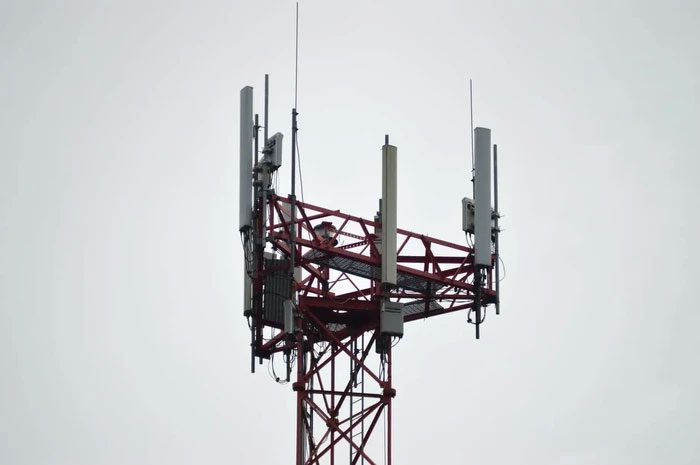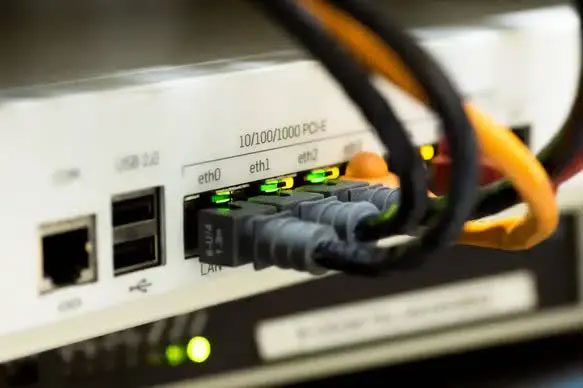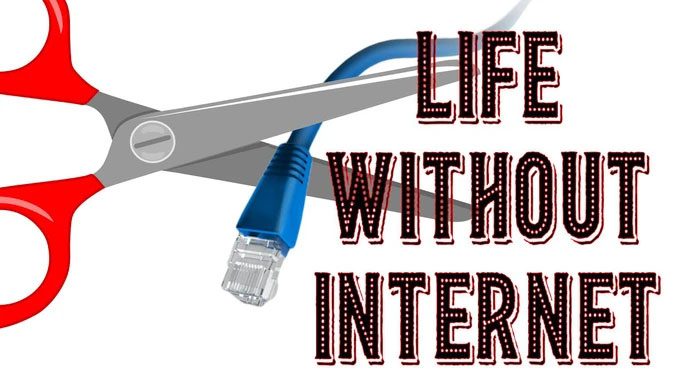The Internet has become an indispensable part of modern life, revolutionizing communication, commerce, and information sharing. However, the idea of the Internet ceasing to function globally raises many questions and concerns.
Communication and Information Exchange Interrupted without the Internet
A global internet outage would have immediate and far-reaching effects on communication and information exchange. Social media platforms, email services, messaging applications, and VoIP (Voice over Internet Protocol) calls would become inaccessible. This would sever connections between individuals, communities, and businesses worldwide. The loss of real-time communication channels would disrupt personal relationships, professional collaborations, and global networks.

Without the internet, online news stores and educational resources would no longer be available. (Illustrative image)
Access to information would be severely restricted, as search engines, online news outlets, and educational resources would no longer be accessible. At this point, we would have to rely on physical media and traditional communication methods, such as print newspapers, television, and radio. However, the speed and convenience of accessing up-to-date information would be significantly reduced, leading to an information gap and increased dependence on traditional media forms.
Additionally, the cessation of the internet would have severe impacts on emergency services and disaster response. The internet plays a crucial role in coordinating emergency efforts, disseminating vital information, and enabling real-time communication during crises. Without this infrastructure, the ability to respond quickly and effectively to emergencies, natural disasters, and other urgent situations would be severely hampered, potentially leading to increased risks to human lives and welfare.

An internet outage would significantly affect emergency services. (Illustrative image)
Economic Disruption
The global economy would face severe disruption in the event of an internet shutdown. E-commerce platforms, online banking systems, and digital payment networks would become inaccessible, obstructing global trade, financial transactions, and economic activities.
Businesses that heavily rely on the internet, such as e-commerce retailers, remote freelancers, and online service providers, would face significant challenges, potentially leading to financial losses, unemployment, and economic instability.

An internet outage would obstruct global trade, financial transactions, and economic activities. (Illustrative image)
Supply chains that depend on digital systems for inventory management, logistics, and communication would also be greatly affected. Manufacturing, shipping, and distribution processes would face disruptions, leading to delays, shortages, and inefficiencies. A widespread internet outage would have ripple effects across industries and sectors, potentially leading to a global economic recession.
Moreover, a global internet shutdown would expose vulnerabilities in digital infrastructure and the risks associated with over-reliance on digital technologies.
Industries that heavily depend on the internet, such as cybersecurity, cloud computing, and digital services, would also be profoundly affected. The consequences of a global internet outage would necessitate a reassessment of humanity’s digital strategies to enhance security measures and explore alternative communication and transaction methods.
Social and Cultural Impact

Industries that heavily depend on the internet would be profoundly affected.
The absence of the internet would have profound social and cultural consequences. Social media, online communities, and virtual platforms have become integral to modern social interactions and cultural expression. Without these digital spaces, individuals would need to seek alternative avenues to express themselves, build community, and share ideas. Traditional forms of social interaction, such as face-to-face conversations, gatherings, and local community engagement, might regain prominence.
The lack of internet access would also disrupt educational systems that heavily rely on online learning platforms and digital resources. Remote learning, e-learning platforms, and digital educational tools would be inaccessible, directly affecting students, teachers, and educational institutions worldwide.
Educational disparities may increase as access to quality education becomes limited, highlighting the need to bridge the digital divide and develop flexible educational systems that can adapt to such crises.
Furthermore, the absence of the internet would impact media consumption and entertainment patterns. Streaming services, online gaming platforms, and digital content distribution channels would be inaccessible, leading to a resurgence of traditional entertainment forms, such as reading books and live performances.

The absence of the internet would impact media consumption and entertainment patterns.
The absence of online media could also drive changes in social norms, with reduced exposure to online content potentially altering trends in fashion, pop culture, and social behavior.
Although a global internet shutdown is a highly unlikely scenario, it serves as a reminder of the importance of contingency planning and the need for diverse digital infrastructure. Humanity should assess its dependence on the internet and develop alternative communication channels, backup systems, and offline strategies to mitigate the impacts of potential disruptions.
While the likelihood of such an event occurring is low, if it does happen, it would undoubtedly have profound consequences across many aspects of society, the economy, and daily life.





















































